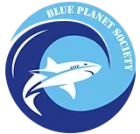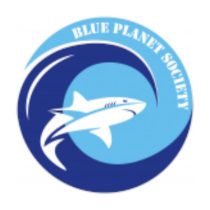
The Wikipedia entry for the World Wide Fund for Nature (WWF) states that ‘WWF is an international non-governmental organization working on issues regarding the conservation, research and restoration of the environment’. No surprises there then, just as you imagined, WWF working hard to protect nature, wildlife and the environment. Commercial exploitation would be the last thing you’d think WWF would be involved with. And that’s where you’d be wrong.
Since 2009 WWF Norway have been in partnership with Aker Biomarine, a Norwegian company that runs the largest krill fishery in the Antarctic. Aker Biomarine pays $178,000 annually for the privilege of putting the WWF logo on its products. In October 2012 WWF Australia signed a new partnership deal, this time with Australian fish and krill oil producer Blackmores. WWF have not yet disclosed how much this new partnership is worth.
Some might think that it is an oxymoron for a conservation organisation to be raising funds from entering into partnerships with companies that rely on the commercial exploitation of wild species to make their products. After all krill are a keystone species and numerous animals rely on them for food. There is also serious doubt about what the environmental impact a krill fishery would have in the Antarctic.
Even WWF are worried about krill.
In a report entitled ‘Blue Whales – Under Threat’ WWF stated that ‘the problem of declining krill threatens most of the Antarctic food chain, but it is especially serious for the blue whales because there are so few of them’. Stuart Chapman of WWF goes further saying ‘when you get this kind of warning shot that indicates something is going terribly wrong in the Antarctic, we need to sound the alarm.’You’d expect consistency of communication from one of the world’s largest conservation organisations, but WWF’s apparent confusion over the krill issue is worrying. Either that or WWF are just mere opportunists who garner funds from leaping on the nearest bandwagon?
Krill exploitation is truly scraping the bottom of the barrel. It is the final frontier of marine exploitation, and a frontier that shouldn’t be crossed. The Antarctic krill fishery is in its infancy and could still be nipped in the bud. WWF’s endorsement not only encourages the expansion of the fishery, it lends respectability to the commercial exploitation of the whole Antarctic region.
If you think that WWF have made an error by endorsing the Antarctic krill fishery, please sign this petition.





